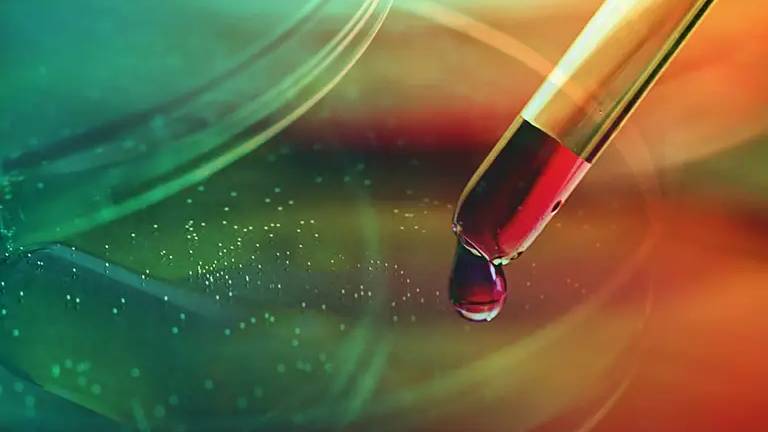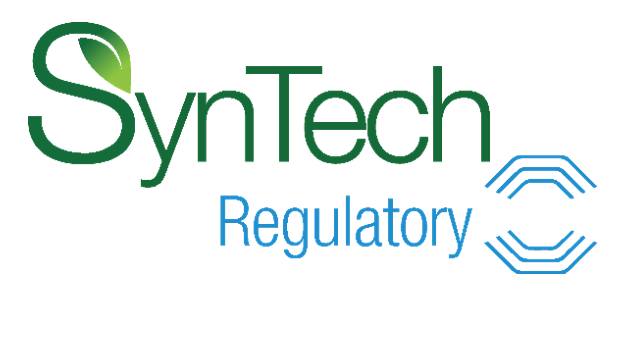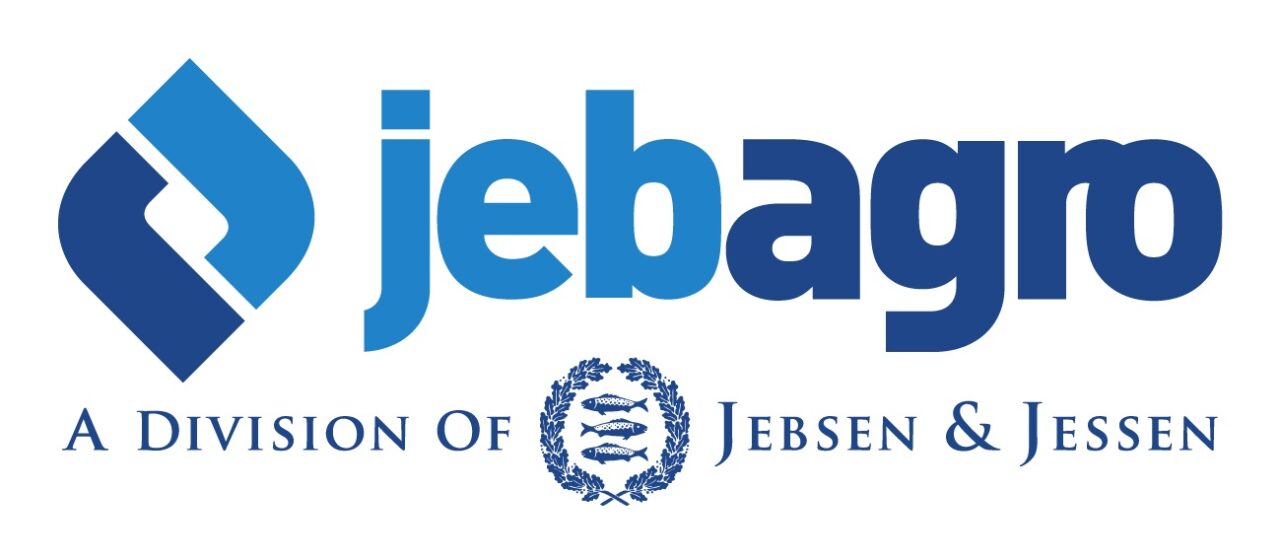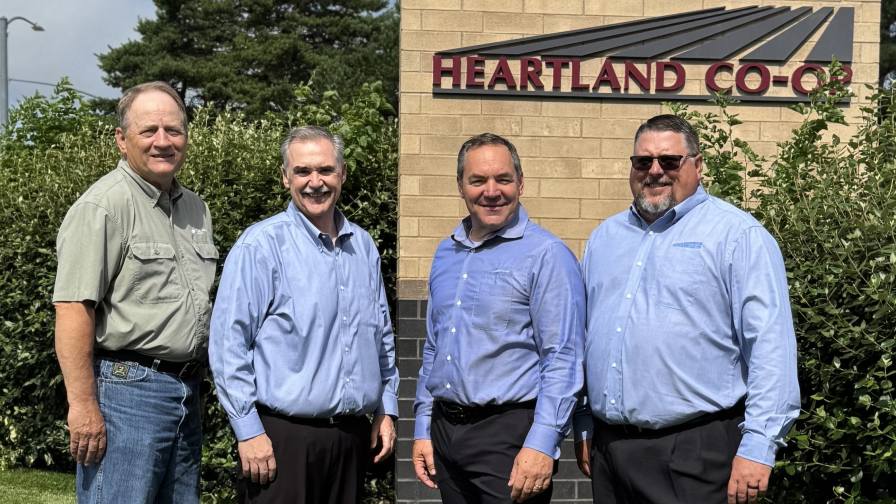Argentina: Driven By Demand
Food production in Argentina has increased in the last few years. Local consumption for vegetables has grown, and exports have become more significant each day. The demand generated by stricter residue limits in the world requires our producers to sharpen both their planning procedures, their controls and also examine the tolerance of the agrochemicals they use.
In turn, the awareness of the need to protect the environment and in agriculture workers is gaining strength every day. This manifests in a search for crop protection products that are less dangerous for human health and more environmentally friendly. And more emphasis has been placed on the proper application and timing of pesticides, particularly by employing trained agronomists to manage operations.
The reflection of these statements can be seen in the Register of the Formulated Products. From 2006 to 2010, the number of registered formulated products in Argentina increased 65%, from 2,147 to 3,531, most of them by equivalence registrations. When looking at the classes of chemicals, the lowest-toxicity class grew 75%, compared the higher-toxicity categories, which rose a combined 35%.
Distributors and retailers in the region are sophisticated and able to offer agronomists a full range of crop inputs for optimal yield management, which culminates into a $2 billion market for crop protection alone.
Usage volumes have grown from 250 million liters to about 330 million liters, with herbicides constituting more than 70% of this volume. Glyphosate alone represents about 60% of Argentina’s pesticide use volume, mainly because of the country’s reliance on direct seeding of Roundup Ready soybeans and because Argentina’s mild and moderately humid weather discourages the propagation of insects and fungus.
Regulatory Insights
Our national government is constantly on alert for healthcare and environmental issues. For example, SENASA — the organization in charge of ensuring and certifying agricultural, fisheries and forest quality production — launched a public survey on endosulfan even before the Stockholm Convention recommended it should be banned. This proposal sets up a progressive phasing out during the next five years, similar to the stepped-down approach by Brazil (visit our website to access our archives on endosulfan, including the detailed ruling in Brazil.)
Even glyphosate was scrutinized by government scientists who are concerned about its effect on human health and the environment. Agriculture in Argentina could have been devastated with the loss of glyphosate, but luckily the result of the analysis was clearly in favor of this product as long as it is applied properly.
Part of the reason that pesticides are analyzed so extensively in Argentina is because it is divided into highly independent provinces. Recent legislation was especially careful in regards to the public health of those living near agriculture production areas.
Nonetheless, the international vision on both the futures of Argentina and Latin America increased with food production growing in both volume and surface. This has resulted in having more players each day becoming interested in approaching this market. In fact, at present, there are almost 400 companies/ people who are holders of the registrations mentioned.
The system of registration in our country is reasonable, and it is not a barrier to product entry; so, it is possible to register a product by fulfilling stricter legal and scientific standards. The high number of bidders has resulted in strong competition, and prices of crop inputs, especially generic crop protection products, have remained low in spite of global inflation, operating cost increases and higher commodity prices.
All in all, the future ahead is more than interesting. New areas of food production are increasingly opening, and they require greater supplies while, in turn, product dispersion is necessary to control plagues more specifically.





